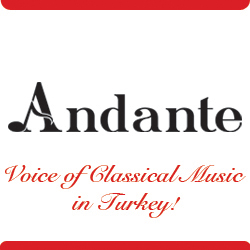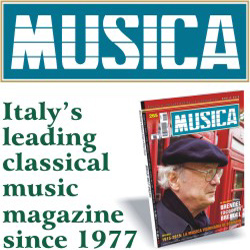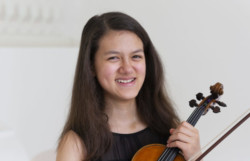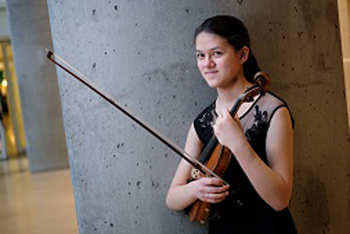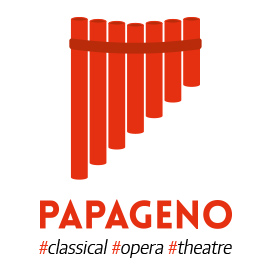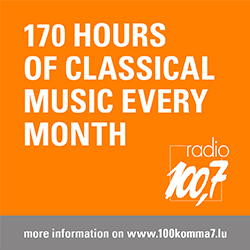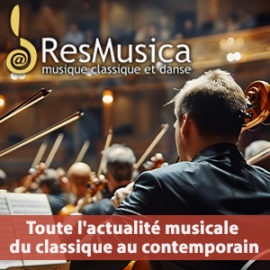Since the age of 4, Munich-born Maya Wichert has been playing the violin. Her enormous talent became apparent very early on. Master classes with Julia Fischer, Christoph Poppen, Ingolf Turban, countless competition successes, sponsorship awards and scholarships underline the potential of the young violinist. Many reasons for the jury of the International Classical Music Awards to present Maya Wichert with the Discovery Award 2021. Jury member Guy Engels (Radio 100.7, Luxembourg) made the following interview with her.
At the age of 15, you are still fully involved in the daily school routine, which is not easy to cope with, especially in times of a pandemic. Apart from the current difficulties, how do you generally manage school and music studies and still keep some free time as well?
I just try to combine everything well: the time for school, for practicing and for myself. I usually do my schoolwork first, then I get out the violin. Rehearsing depends a lot on other appointments and factors. If there are exams at school, for example, there are about two hours left for the violin. During the vacations, on the other hand, it can be more.
How did you get into the violin?
It was actually a very natural process. My sister played the violin before I was born, so maybe that was my first influence. Later – as a child – I was often present when she had lessons and always nagged when I would finally be allowed to play the violin.
What do you like about the violin?
A violin has only four strings, but an infinite number of possibilities. You can conjure up wonderful timbres on the instrument, create an irrepressible elemental force, but also imitate the softest wind. You can portray lamenting, laughing, crying… I think that’s just great.
You have participated in and won many competitions, attended many master classes. Do you take stock after each of these steps to see where you are at the moment?
Every course, every competition is a special experience for me that enriches me. I collect all these precious moments as if they were little treasures.
You are a scholarship holder at the International Music Academy in Liechtenstein and study with Ana Chumachenko, the grande dame of violin teaching, with whom Julia Fischer, Arabella Steinbacher and Lisa Batiashvili, among others, have already studied. What does that mean to you?
First of all, it is a great honor for me to study with her. She has an indescribable human warmth, gives you a little bit of course in each on the way as an artist and in life. Whenever I come out of her lessons, I have the feeling of having grown again.
Which instrument do you play?
In February 2020, the Musikleben Foundation provided me with an 18th-century gagliano, which I naturally handle very carefully, because it is something very special.
In the not too distant future you will graduate from high school and also complete your standard musical studies. How should things continue then?
I definitely want to become a musician, to develop myself further and to learn many new pieces in order to build up as large a repertoire as possible.


